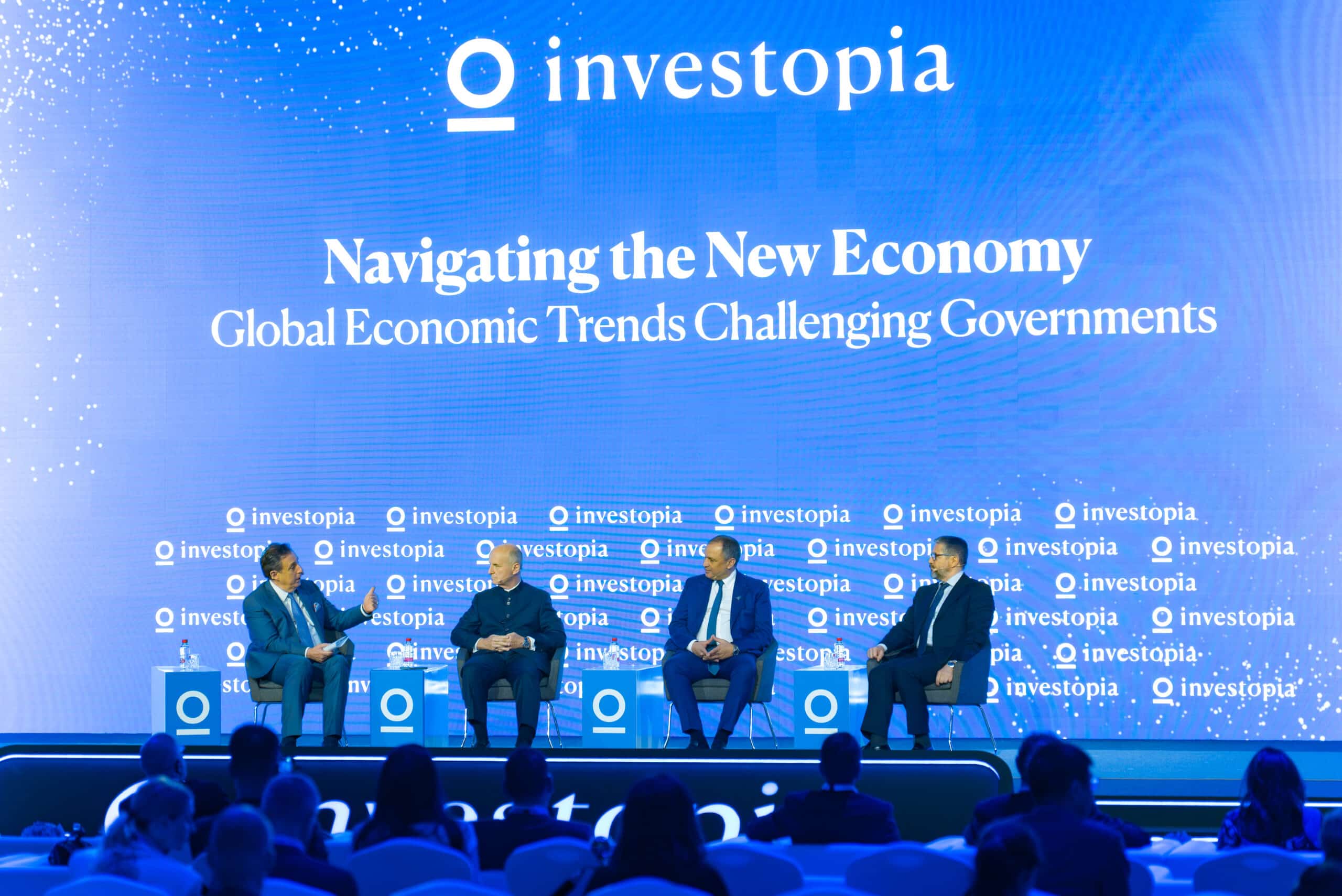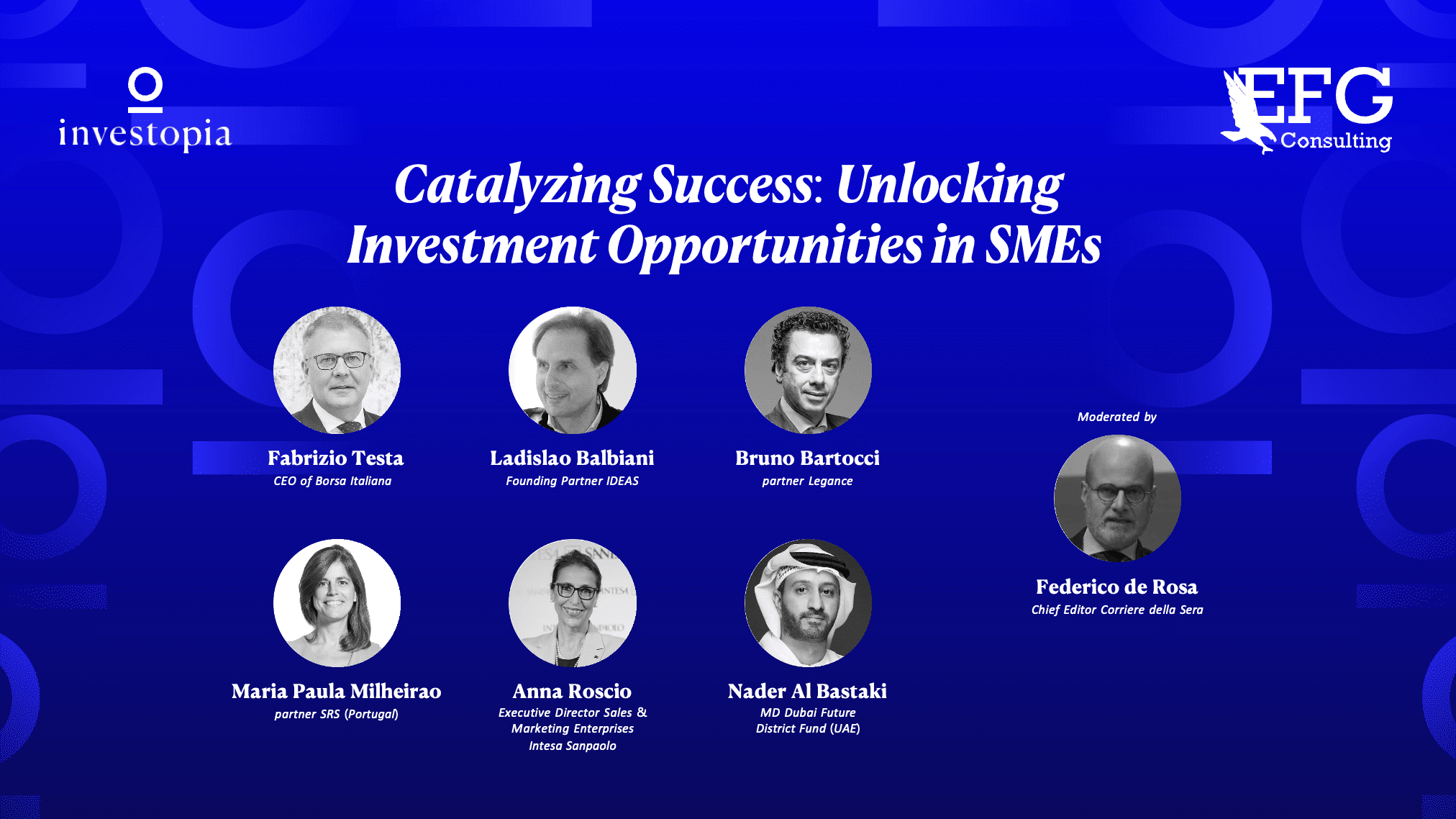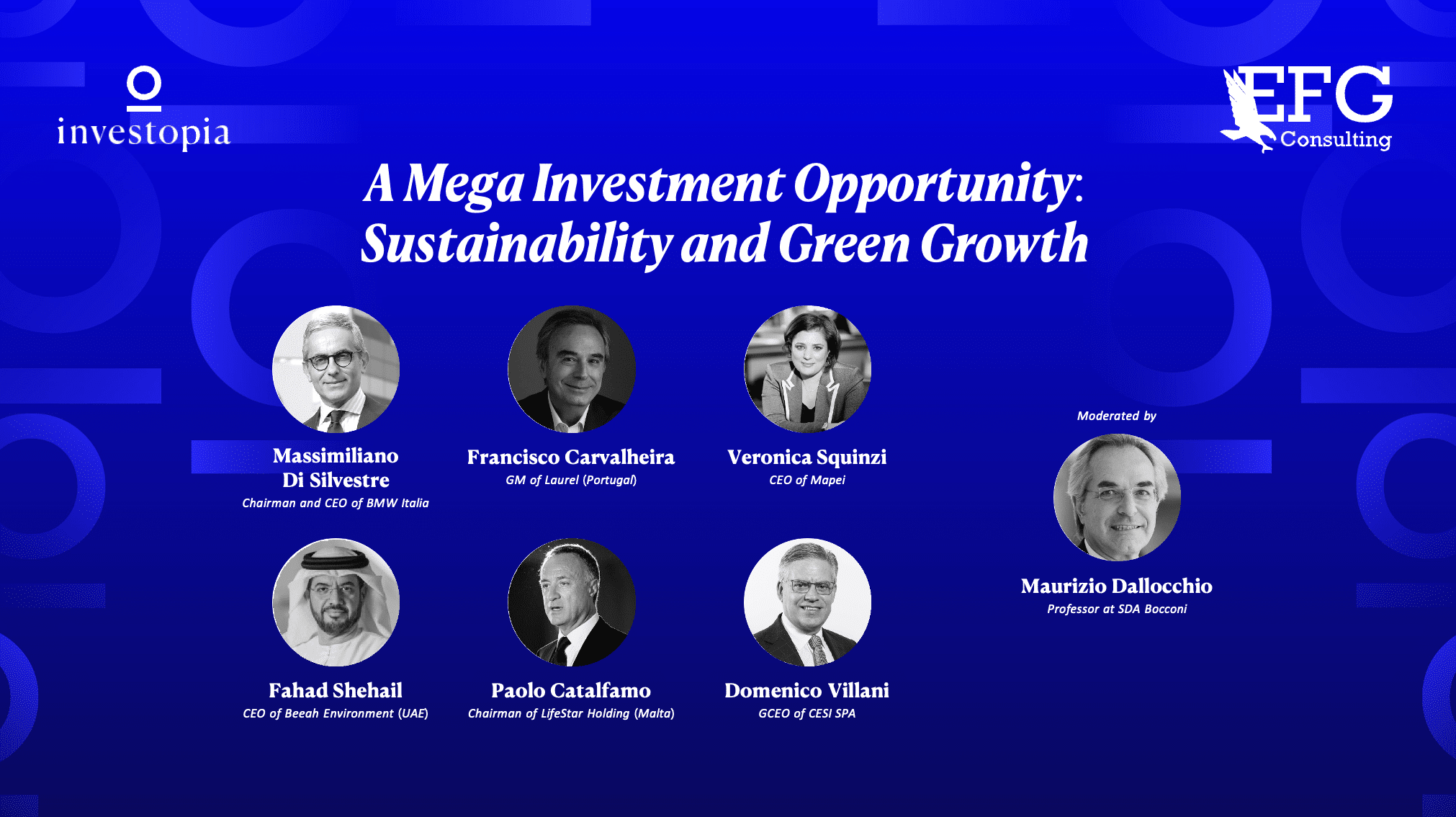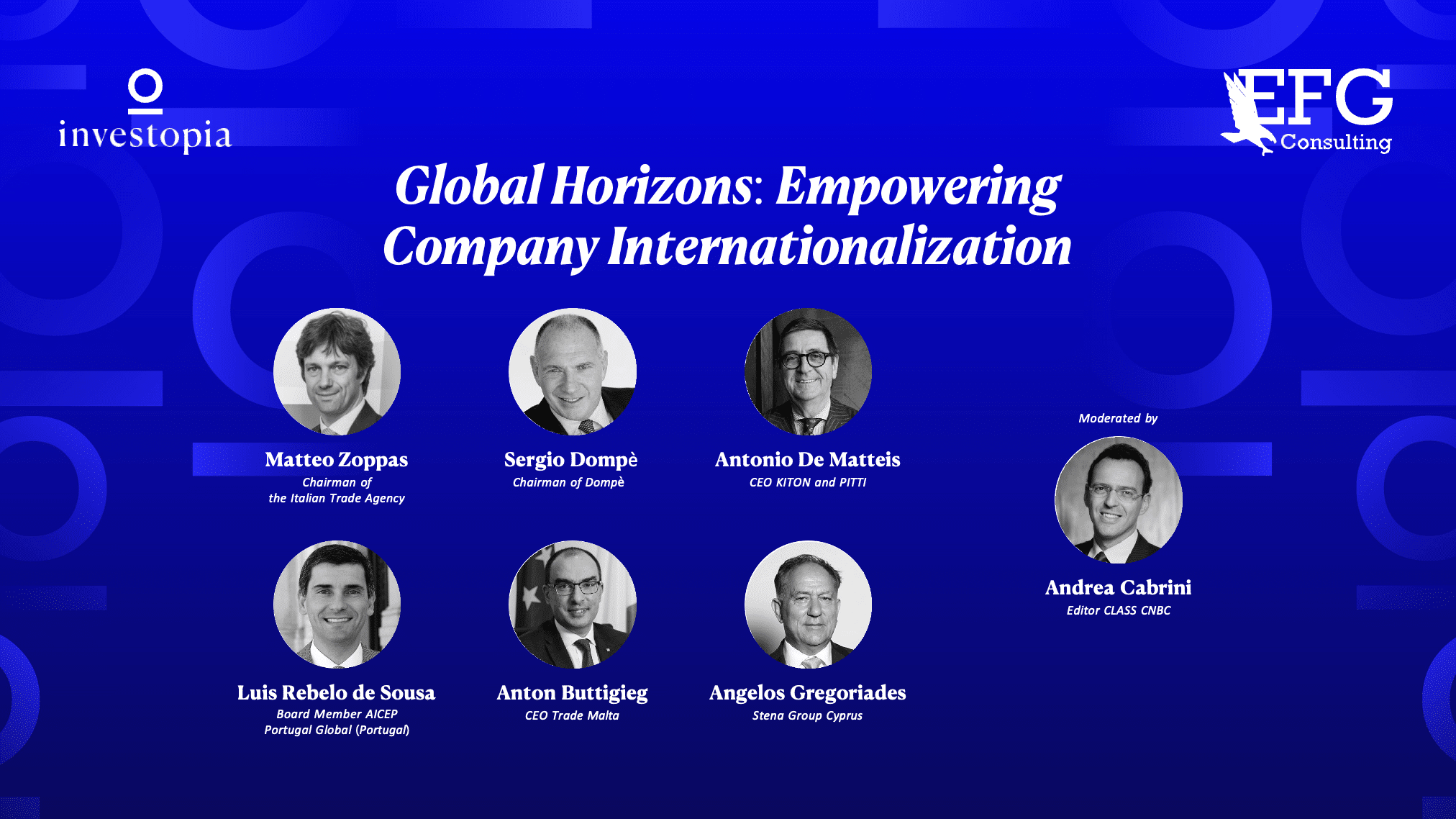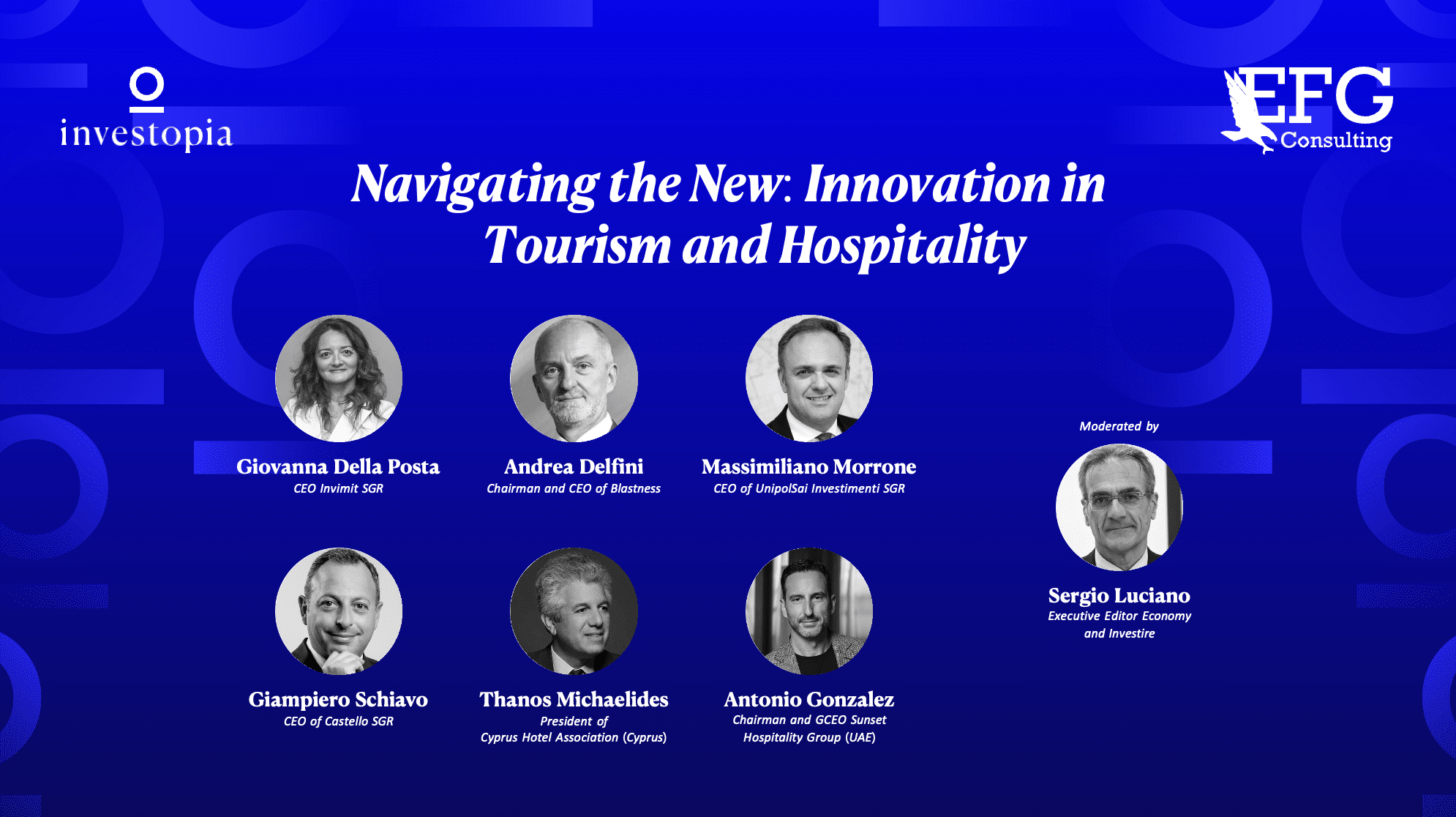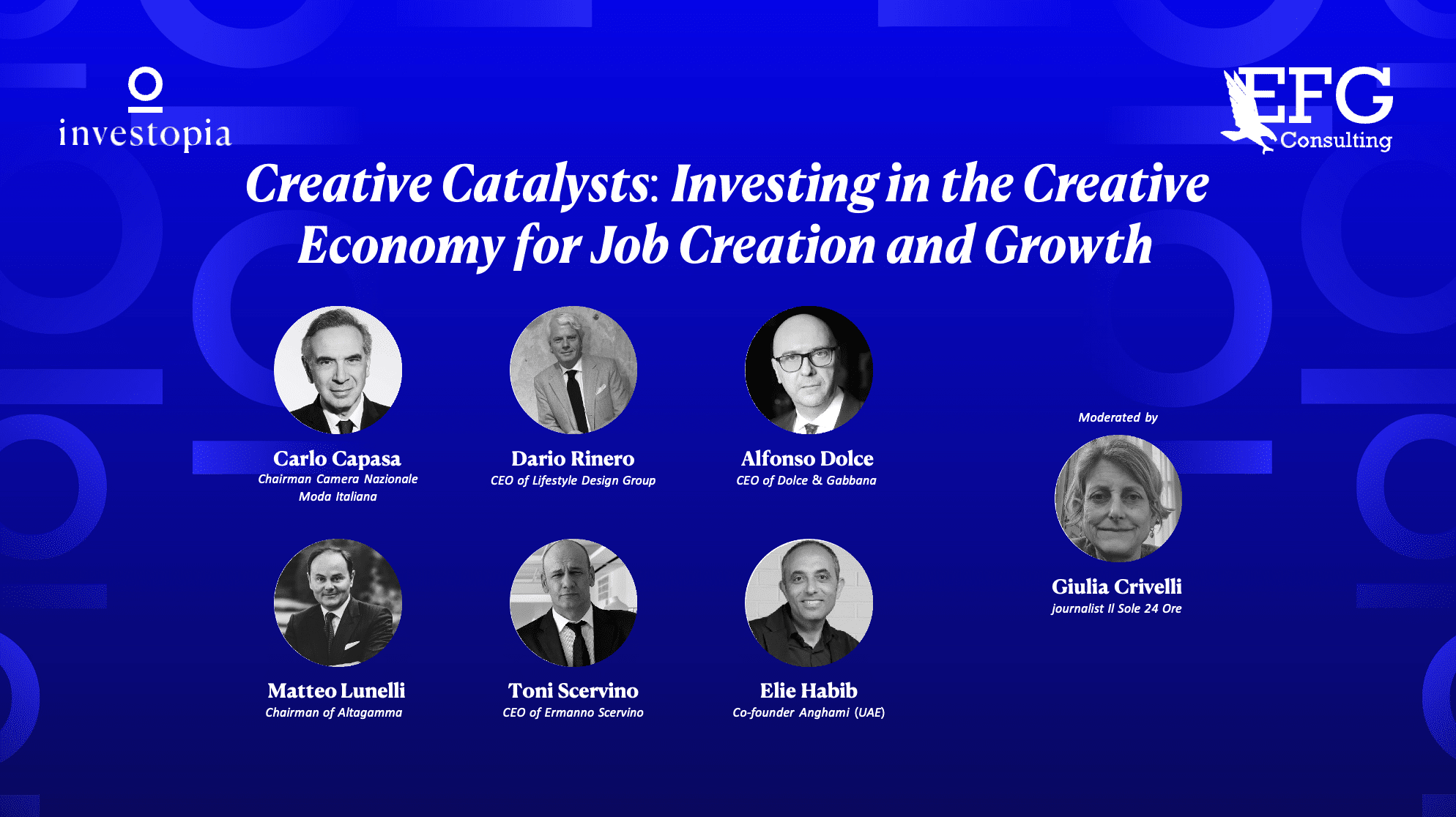Session Speakers:
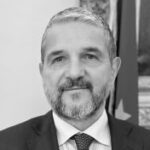
H.E Valentino Valentini
Deputy Minister of Made in Italy

H.E. Ryad Mezzour
Minister of Industry and Trade of the Kingdom of Morocco

John Defterios
Professor of Business, NYU Abu Dhabi

Jose-Maria Figueres
Former President of Costa Rica
Share
Key Takeaways
- Urgent attention is required for substantial investments in Latin America to effectively combat poverty and create an environment conducive to economic growth and investment.
- Embracing China's increasing influence in global affairs presents opportunities for collaboration and economic prosperity, necessitating a recalibration of global governance structures.
- The imperative to redefine global rules and foster greater connectivity underscores the need for collective action to address pressing challenges such as climate change and inequality.
- Defining unique selling propositions in a globalized economy, is essential to preserving national strengths and fostering entrepreneurship in an increasingly competitive marketplace.
As Investopia 2024 gathers experts from all over the world to dissect the intricate tapestry of the world economy, the panel session titled “Global Economic Trends Challenging Governments” spotlights both opportunities and obstacles amidst geopolitical uncertainties.
Moderated by John Defterios, Professor of Business, NYU Abu Dhabi, the discussion delved deep into the resilience of G20 economies, the looming specter of global elections, and the transformative potential of regions like Central and South America.
Core to this dialogue was underscoring the geopolitical risks inherent in Central and South America, where strains on democracy coexist with abundant natural resources, presenting a conundrum of opportunities and political complexities. This highlighted the urgent need for effective navigation of these challenges to unlock the region’s economic potential.
H.E. Ryad Mezzour, Minister of Industry and Trade, Kingdom of Morocco brought attention to the imperative of substantial investments in Latin America to combat poverty and foster an environment conducive to investment. He emphasized China’s ascendant role in global affairs and advocated for accommodating its leadership aspirations within the global framework.
Echoing these sentiments, Jose-Maria Figueres, Former President, Costa Rica, expressed her concern over the failure of global institutions to address pressing issues like climate change and poverty; emphasizing the necessity of redefining global rules and fostering connectivity to ensure collective prosperity.
H.E Valentino Valentini, Deputy Minister, Enterprises and Made in Italy, shed light on the significance of defining unique selling propositions in a globalized economy, using the example of “Made in Italy” as a meta-brand that encapsulates Italy’s strengths and entrepreneurial spirit.
Additionally, the discussion underscored the transformative potential of renewable energy and digital transformation as catalysts for future economic growth.
As the world grapples with geopolitical uncertainties and economic transitions, it is important to note the critical significance of global cooperation and adaptive strategies to navigate these challenges effectively.


